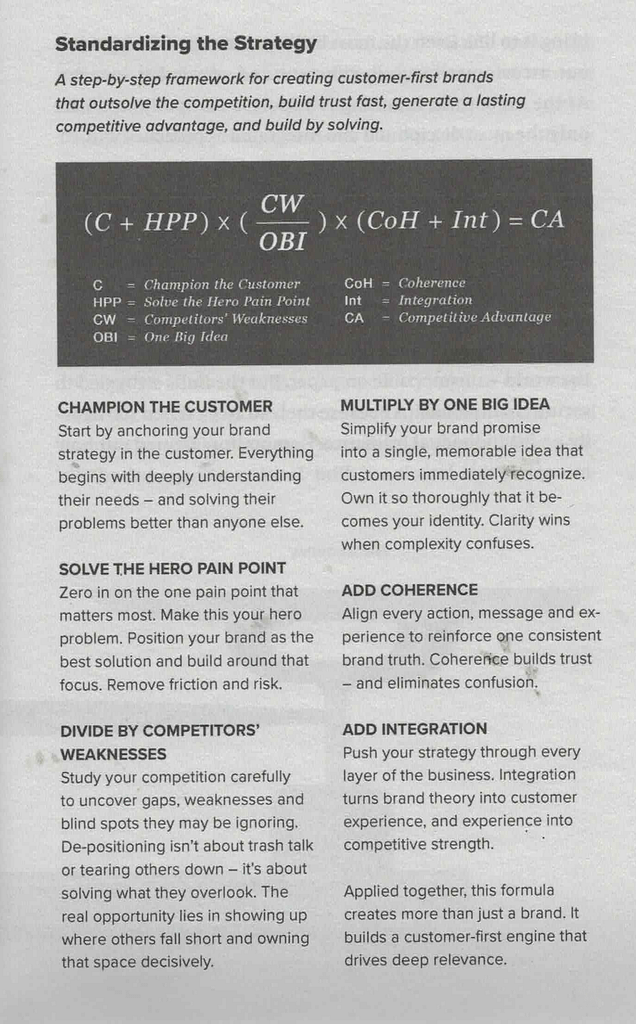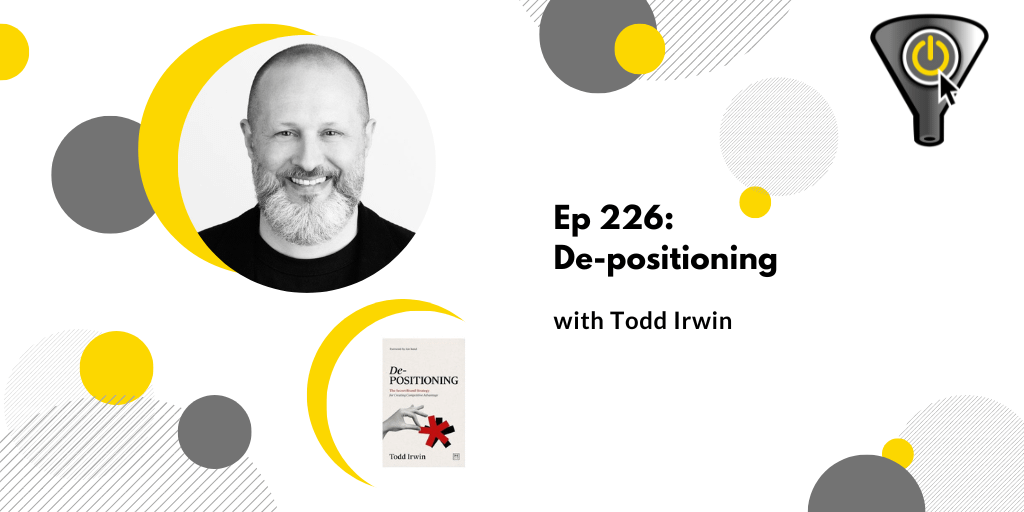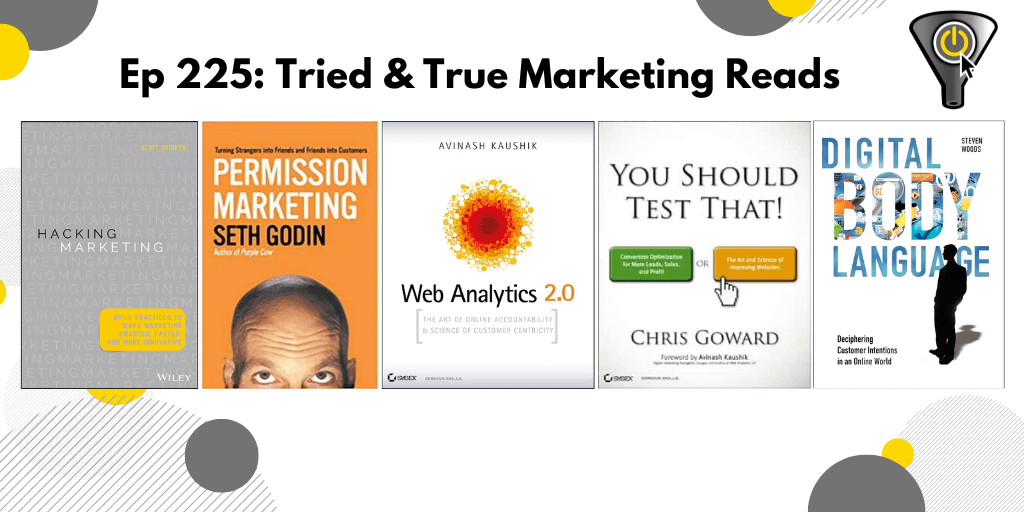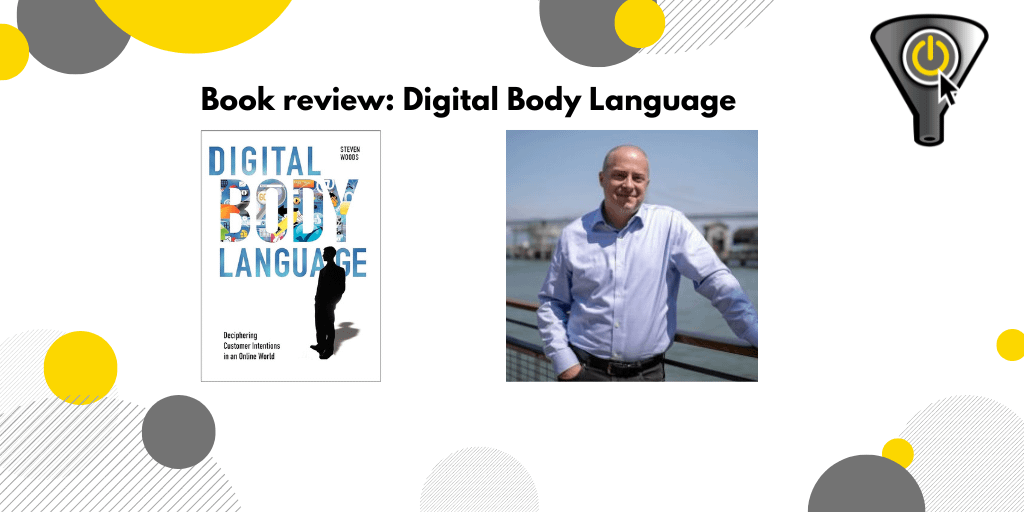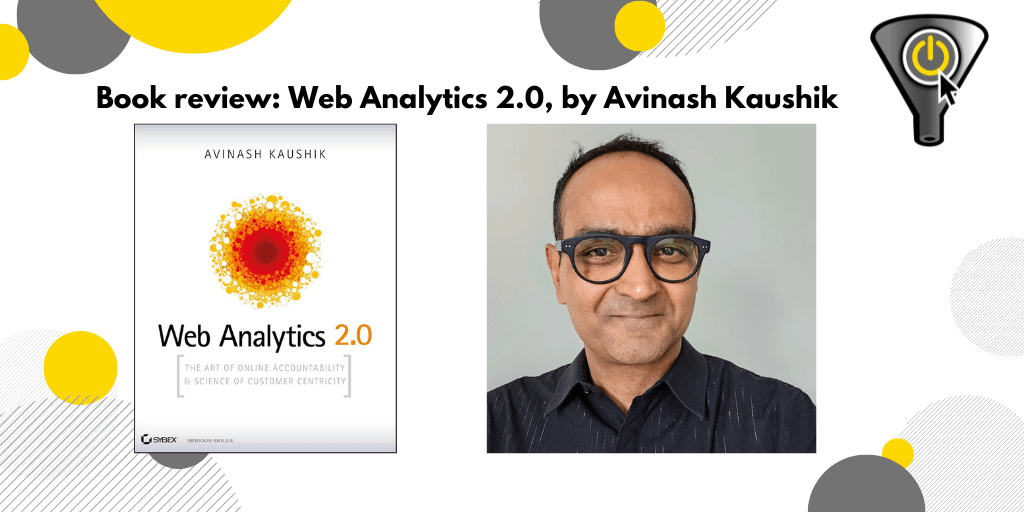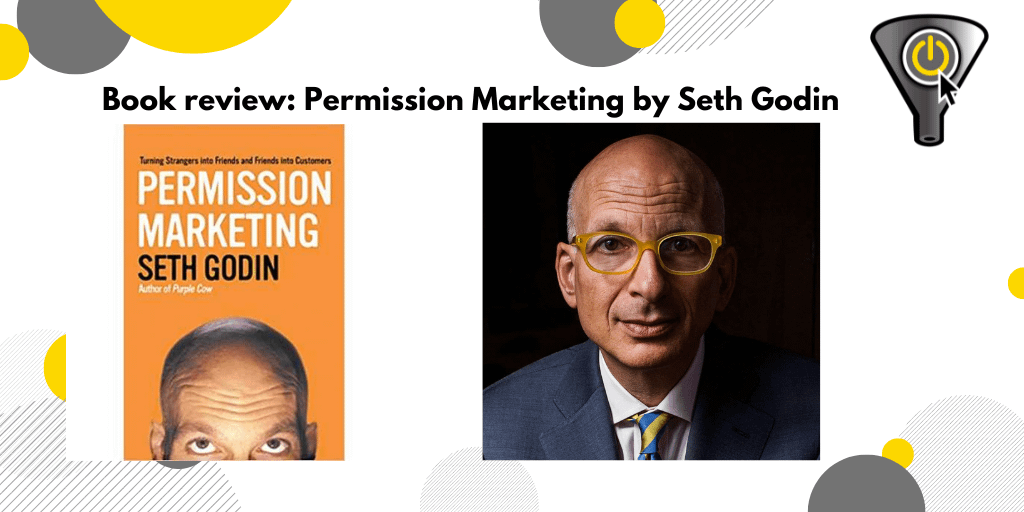Episode 226
Positioning is an element that’s so foundational to Marketing, it’s taught in every introductory class alongside the “Four Ps” of marketing. Positioning is meant to describe the choices a brand makes to maximize how the market sees it. Positioning is very powerful because it can set perceptions that drive customer loyalty, strong demand, and the willingness to pay a premium price.
But if all this is true, then why is the landscape littered with examples of where brands have flopped—cases where brand positioning actually caused a product to fail?
Take Microsoft Zune: Because how people thought of MP3 players had already been set by Apple
Colgate Frozen Entrees: Sure, both food and toothpaste enter our mouths, but other TV dinner brands don’t plant the taste of toothpaste in your head.
Harley-Davidson’s “Legendary” Cologne: People buy a fragrance for the impression they want to leave, not one whose name evokes burned rubber and gasoline.
Cosmopolitan Yogurt: There are plenty of brands in the dairy aisle. People didn’t think a fashion brand belonged there
Frito-Lay Lemonade: Marketing a salty snack and chasing it with a “Thirst-quenching drink” strikes people as a cynical cash grab
The reason these brands flopped is they tried positioning themselves on a competitor’s turf. The correct way to position yourself is to start with customer needs and work outward from there. To do this right, we’ve got to flip the traditional concept on its head. Instead of positioning, the author we’re talking with today says we must deposition our brands.
He is the founder and chief strategy officer of brand strategy firm Fazer. Over three decades, he has led strategy for Fortune 500 companies as well as venture-backed disruptors. His work has been featured in the New York times Forbes and MIT technology review.
Let’s go now to New York City to speak with Todd Irwin.
Chapter/Timestamps
00:00 What’s Wrong with Market Positioning
01:47 Introduction to Depositioning
02:46 Concepts and Framework
08:02 Real-World Examples of Depositioning
14:58 Integration and Coherence in Branding
26:48 Conclusion and Where to Find More
